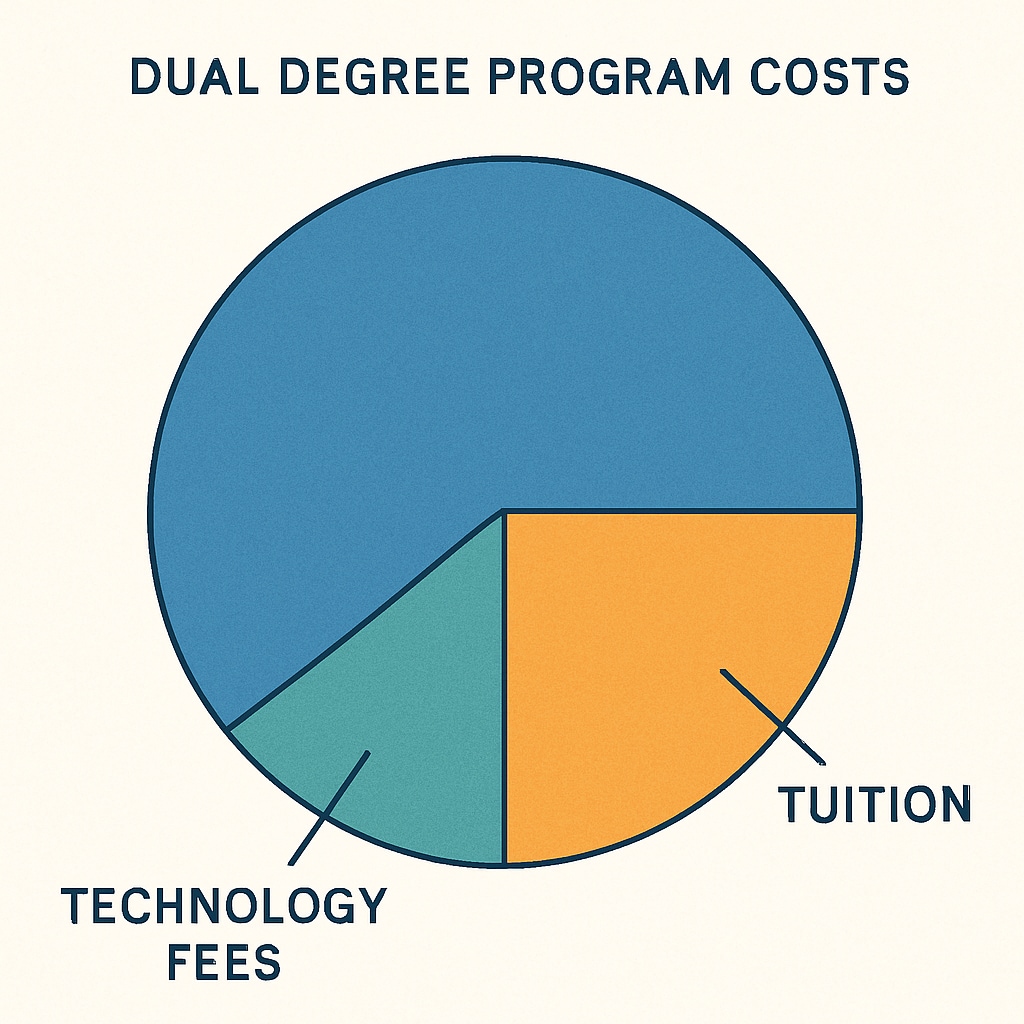In today’s competitive job landscape, pursuing an online degree alongside a mechanical engineering program has become a popular strategy for students aiming to boost their career prospects. This dual approach requires careful time management and effective career planning. For those considering this path, it is crucial to weigh the benefits and challenges to ensure both academic and professional success.
Why Pursue a Dual Degree in Engineering?
Engineering students often seek additional qualifications to differentiate themselves in a saturated job market. A second degree, especially in complementary fields such as business, data science, or computer science, can significantly enhance employability. For instance, combining mechanical engineering with a degree in data analytics equips students with the technical expertise to handle emerging technologies like AI-driven manufacturing systems.
According to a report from the U.S. Bureau of Labor Statistics, industries increasingly value interdisciplinary skills, making dual degrees a competitive advantage. However, this decision should align with long-term career goals and interests.

Key Considerations: Time Management and Academic Load
Balancing two academic programs demands exceptional time management skills. Engineering students often face rigorous schedules, and adding an online degree can intensify the workload. Developing a structured timetable is essential to allocate time for coursework, projects, and revisions.
Here are some practical tips for managing dual-degree commitments:
- Set Priorities: Identify critical tasks and deadlines for both programs.
- Use Technology: Leverage tools like Google Calendar or Notion to organize your schedule.
- Take Breaks: Avoid burnout by incorporating short breaks into your study routine.
For additional insights, the Coursera blog on time management provides valuable strategies for students juggling multiple commitments.
The Financial Implications of a Dual Degree
Cost is another critical factor to consider. While an online degree often costs less than a traditional program, tuition, materials, and technology fees can add up. Additionally, students must account for potential lost income if they reduce part-time work hours to accommodate their studies.
To mitigate financial strain:
- Explore scholarships and grants offered by universities or professional organizations.
- Opt for programs with flexible payment plans.
- Consider employer-sponsored education benefits if you are currently employed.
Weighing these costs against the potential salary boost from dual qualifications can help determine the investment’s overall value.

Career Planning: Maximizing the Value of a Dual Degree
To ensure your dual-degree efforts translate into career success, it is vital to have a clear professional roadmap. Identify industries and roles where your combined qualifications will shine. For instance, a mechanical engineer with a secondary degree in environmental science could thrive in sustainable energy sectors.
Networking is another crucial aspect. Attend industry conferences, engage with alumni networks, and participate in internships to build connections and gain hands-on experience. Additionally, tailor your resume and LinkedIn profile to highlight the unique blend of skills gained from both degrees.
Finally, stay abreast of industry trends. Fields like robotics, renewable energy, and smart manufacturing are evolving rapidly, making it essential to align your dual-degree strategy with market demands.
Conclusion: A Strategic Approach to Dual Degrees
Pursuing a dual degree as an engineering student is both challenging and rewarding. By carefully considering time management, financial commitments, and career alignment, students can maximize the value of their academic efforts. Whether you choose an online program or combine mechanical engineering with another discipline, the key lies in strategic planning and execution.
Ultimately, the dual-degree path offers a unique opportunity to stand out in the job market, equipping students with the multidisciplinary expertise required in today’s dynamic industries.


